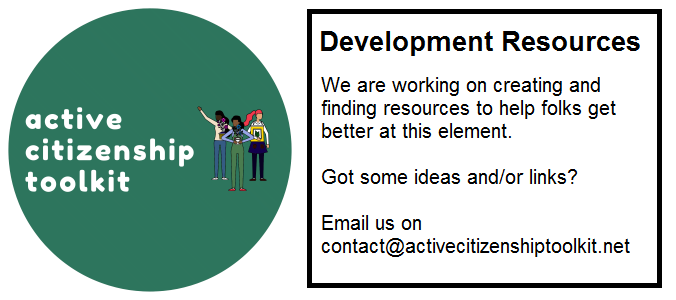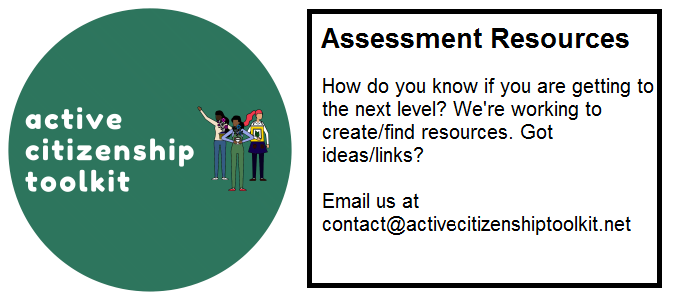Element Descriptor
Everyone throws aroud the term “social movement” to refer to the latest sexy media-loved group of individuals. But a movement is more than one group. It’s a complex interaction, a disturbance in the field (no, not the force). Understanding what social movements are, aren’t and how they win/lose, is vital to understanding where you are at.
Level descriptors
| Novice | Practitioner | Expert | Ninja |
|---|---|---|---|
| You have a basic understanding of what social movements “are”, who they have been thought about by academics, and what some of the most commonly used terms (repertoire, movement cycles, spillover, abeyance etc) are. You also know that most academics are prone to ignorance and/or hagiography, and that you’ll struggle to get much useful out of most of them. | You can compare different social movements, their trajectories, aims, tactics (btw, this includes “right wing” and “reactionary” social movements.) You’re familiar with the different lenses academics use and some of the conceptual and methodological knots they’ve tied themselves in. You are able to help people in social movements use this knowledge- for what it is worth – and to generate their own knowledge and understandings about themselves. | You have a seriously detailed understanding of one or more social movements, and the different organisations, groupings, tendencies, their histories, the ways they have been explained, and explain themselves, how they interact with other entities in “the field”. You know when and how to deploy such academic “insights” as exist.) | You are finger-on-the-pulse, active participant in high level debates about the strategy, tactics etc of a social movement. You can explain to anyone who asks, in appropriate-for-them- language, the answers to any number of questions they might have about how this particular social movement came to be – its successes, its pathologies, lacunae you name it. You’re fundamentally depressed, of course, because you can explain using 19 different theories how social movements are not the answer (except to really dumb questions like ‘what delusions do climate activists have about what might sort out the horrible mess we’ve got ourselves into?’ |
Element Overview Essay
This is a draft. If something doesn’t make sense, or you see typos, or if you have further ideas, please email us on contact@activecitizenshiptoolkit.net
The reason that more people don’t understand what a social movement is, is there’s some very commonly repeated misunderstandings. So XR gets called a social movement. It is not: it is/was a social movement organisation, part of the larger climate movement, which has waxed and waned and largely been in abeyance since 2009/10. But even now, XR is not the movement. You have very important groups like beyond parody sorry “beyond politics” now, I’m just joking. You have the school strikes, the Fridays for Future, local groups like SSM, CEM. You have the existing NGOs like Friends of the Earth. You have think tanks and charities and so forth. a social movement is made up of individuals and different kinds of groups, in flux in relationships with each other. but crucially, social movement exists in conflict with other groups in society, because otherwise it’s just a club. So the black civil rights movement in the 1950s and 60s was in conflict with the white racist power structures around Jim Crow. The-anti feminist movement in the United States is in conflict with the feminists, etc. But if there’s no conflict, there’s no movement. There’s just a club, a smug little club.
The consequences of not understanding what a social movement is, means you’re constantly confused. And you’re constantly waiting around for some saviour, whether it’s Martin or Rosa or Mahatma or Malcolm, or Greta to come and make everything all right.
That’s just not how it works in the real world and the sooner and the sooner you learn that, the more effective you will be.
So, oh, the fixes for social movements, do some reading, do some thinking do some listening.
Development Resources

Assessment Resources

